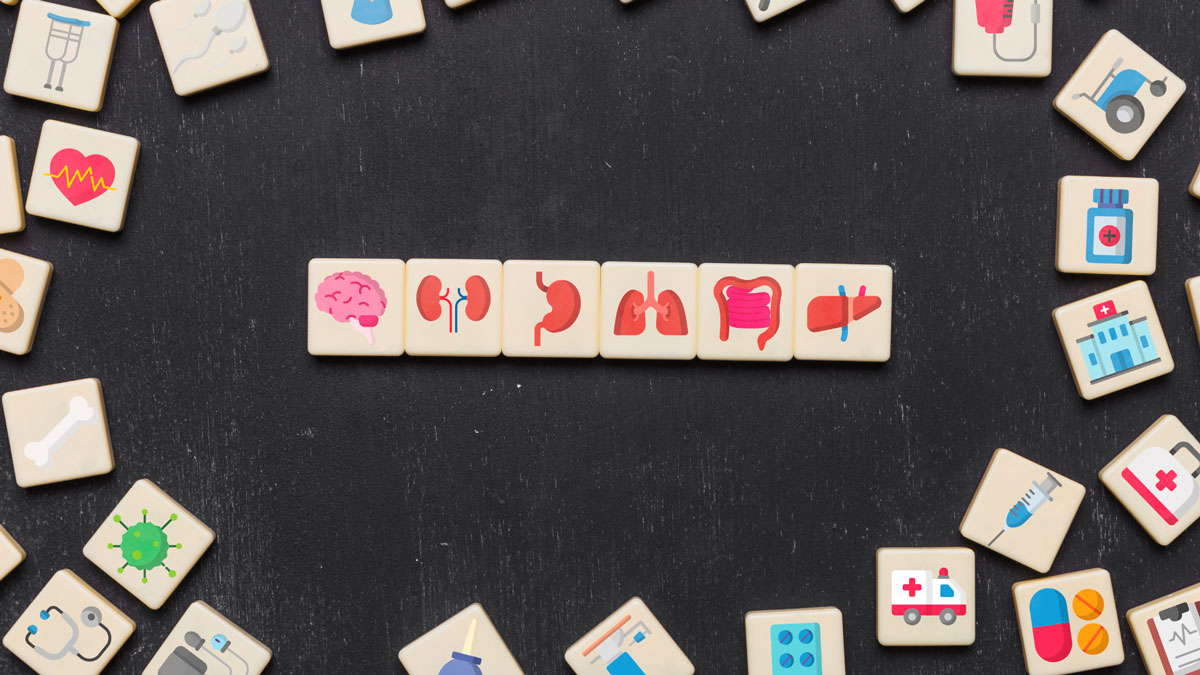In recent years, gut health has emerged as one of the most fascinating and impactful areas of health research. At the center of this interest lies the microbiome—a bustling community of trillions of microorganisms living in your gut. These bacteria, viruses, fungi, and other microbes are more than just passive passengers; they play an active role in shaping your overall well-being.
Understanding the microbiome can unlock the secrets to improved digestion, enhanced immunity, and even better mental health. Let’s dive into what makes your gut microbiome so special and how you can nurture it for a healthier life.
What is the Gut Microbiome?
The gut microbiome refers to the ecosystem of microorganisms residing in your digestive tract, primarily in the large intestine. This community is incredibly diverse, containing over 1,000 species of bacteria, each with unique functions. Think of it as a mini-ecosystem that’s critical to your survival and health.
While the idea of hosting billions of microbes might sound unsettling, these tiny organisms are essential. They help break down food, synthesize vitamins, and regulate the immune system. In fact, the microbiome has such a profound influence on your body that scientists often refer to it as the “second brain.”
The Link Between Gut Health and Overall Well-Being
- Digestion and Nutrient Absorption
The gut microbiome helps break down complex carbohydrates, proteins, and fats into simpler compounds that the body can absorb. Certain bacteria produce enzymes that humans lack, aiding in the digestion of fiber and other nutrients. A balanced microbiome ensures that your body gets the most out of the food you eat. - Immune System Support
Did you know that about 70% of your immune system resides in your gut? Beneficial bacteria act as gatekeepers, training the immune system to distinguish between harmful invaders and benign substances. They also produce antimicrobial compounds that keep harmful bacteria in check. - Mental Health and the Gut-Brain Axis
The gut and brain are in constant communication through a connection known as the gut-brain axis. Microbes produce neurotransmitters like serotonin, which influence mood and mental well-being. Research shows that a healthy gut microbiome can reduce symptoms of anxiety and depression, highlighting the profound impact of gut health on mental wellness. - Inflammation and Chronic Diseases
An imbalanced microbiome, known as dysbiosis, can lead to inflammation, a root cause of many chronic diseases, including obesity, diabetes, and cardiovascular issues. By maintaining a healthy gut, you can reduce systemic inflammation and lower your risk of these conditions. - Weight Management
The microbiome also plays a role in regulating metabolism and energy balance. Certain bacteria are more efficient at extracting calories from food, which can contribute to weight gain. A diverse microbiome, on the other hand, is linked to healthier body weight.
Factors That Influence Your Microbiome
The composition of your gut microbiome is shaped by various factors, including:
- Diet: A diet rich in fiber, fruits, vegetables, and fermented foods supports a healthy microbiome, while processed and sugary foods can harm it.
- Antibiotics: While life-saving, antibiotics can disrupt the balance of gut bacteria, killing both harmful and beneficial microbes.
- Lifestyle: Stress, lack of sleep, and sedentary behavior negatively impact gut health.
- Age: The microbiome evolves over time, with infancy and old age being particularly sensitive periods.
Tips to Improve Gut Health
- Eat a Diverse Diet
Include a variety of fruits, vegetables, whole grains, and legumes in your meals. These foods provide the fiber and nutrients that beneficial gut bacteria thrive on. - Incorporate Fermented Foods
Fermented foods like yogurt, kefir, sauerkraut, kimchi, and miso are rich in probiotics—live bacteria that can replenish your gut microbiome. - Stay Hydrated
Drinking enough water supports digestion and helps maintain a healthy mucosal lining in the gut. - Limit Processed Foods
Minimize your intake of processed and sugary foods, which can promote the growth of harmful bacteria. - Take Prebiotics
Prebiotics are compounds found in foods like garlic, onions, bananas, and asparagus that feed beneficial bacteria and promote their growth. - Manage Stress
Chronic stress can disrupt the gut microbiome. Practice relaxation techniques like meditation, yoga, or deep breathing to keep stress in check. - Exercise Regularly
Physical activity promotes gut health by enhancing microbial diversity. - Consider Probiotic Supplements
If dietary changes aren’t enough, talk to your doctor about taking a high-quality probiotic supplement tailored to your needs.
The Future of Gut Health
With ongoing research into the microbiome, the future of gut health looks promising. Scientists are exploring how personalized probiotics, fecal microbiota transplants, and microbiome-targeted therapies can treat various conditions, from autoimmune diseases to mental health disorders.
Conclusion
Your gut microbiome is a powerful ally in maintaining your overall well-being. By understanding and nurturing this delicate ecosystem, you can unlock better digestion, enhanced immunity, improved mental health, and a lower risk of chronic diseases. Small changes to your diet and lifestyle can make a big difference, proving that true health starts from within.
So, the next time you’re thinking about your health, don’t forget to thank your gut—it’s working hard to keep you at your best.





